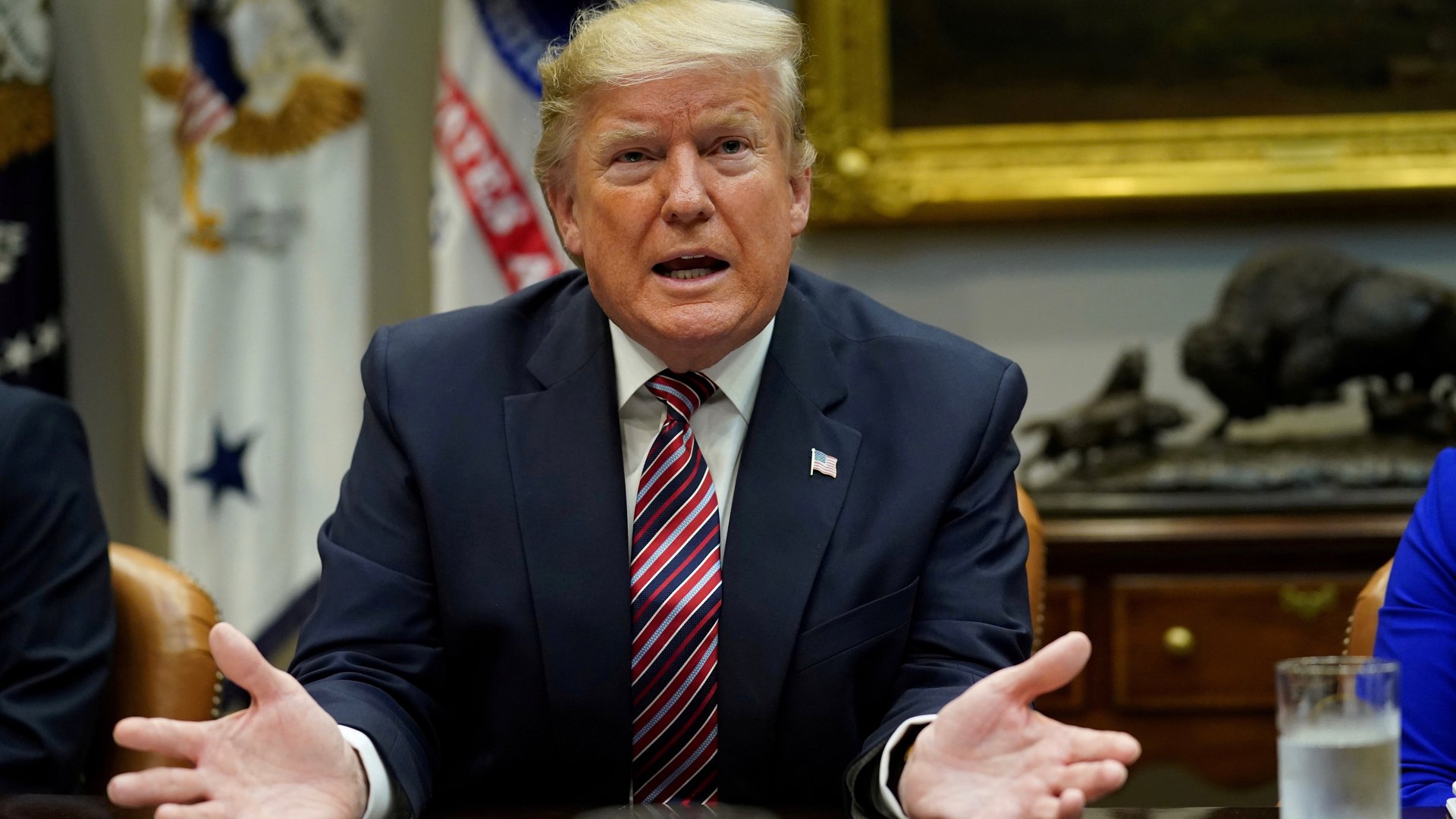The Supreme Court grants Trump’s emergency stay in financial records case
On Dec. 6, late in the day, US Supreme Court justice Ruth Bader Ginsburg granted president Donald Trump’s request for an emergency stay suspending a lower court decision finding his financial records are subject to subpoena.


On Dec. 6, late in the day, US Supreme Court justice Ruth Bader Ginsburg granted president Donald Trump’s request for an emergency stay suspending a lower court decision finding his financial records are subject to subpoena.
It’s just one of three matters having to do with Trump’s finances that the court may consider, which is likely why Ginsburg granted the request. Her order is not a substantive affirmation of the president’s legal position that as the nation’s executive his records are special, but a procedural acknowledgment of the fact that similar matters are pending and that the president is working on a petition for Supreme Court review.
Two of the cases Trump plans to challenge at the high court stem from congressional investigations into the president’s finances by the House Committee on Financial Services and by the House Permanent Select Committee on Intelligence. They involve subpoenas issued to the banks Capital One and Deutsche Bank. The third case arose from a New York grand jury investigation into alleged Trump hush-money payoffs to women ahead of the 2016 presidential elections, with records sought from Trump’s accountants, Mazars USA.
Trump has intervened in all the cases, claiming his position as executive shields his records from review. So far, no court has agreed, and the companies have all said they’ll turn over the records if the Supreme Court orders them to do so. The president has showered the court with emergency filings, seeking stays and stay extensions while preparing a petition for high court review.
Trump wants the justices to decide to review the issues and, if they do, find his records can’t be released.
In his emergency filing in the Deutsche Bank case, which was decided in the court below on Dec. 3, Trump urged the justices to consider his position, which is that these third-party subpoenas are invalid, overly broad, and barred by law. “The issue at this stage is straightforward,” the president’s counsel contended. “Whether the President will be allowed to petition for review of an unprecedented demand for his personal papers, or whether he will be deprived of that opportunity because the Committees issued these subpoenas to third parties with no incentive to test their validity.”
The third parties are all more or less neutral on the requests. Trump is anything but.
“This choice should be easy,” his filing stated. In his view, the president’s records are special, even if the demands cover dealings before he was elected, and raise constitutional issues of separation of powers between government branches. These are matters of “great delicacy,” Trump claims.
He cites the 1974 high court case Unites Staes v. Nixon, which states that the justices do not “proceed against the president as against an ordinary individual,” and extends him the “high degree of respect due the President of the United States.” But the Nixon matter was ultimately decided against the president and has been cited by conservative justices as a fine example of the fact the no one is above the law. In that case, the president was ordered to turn over records and the decision led to his resignation.
Ginsburg ordered the House of Representatives to file a response to Trump by 11am on Dec. 11.